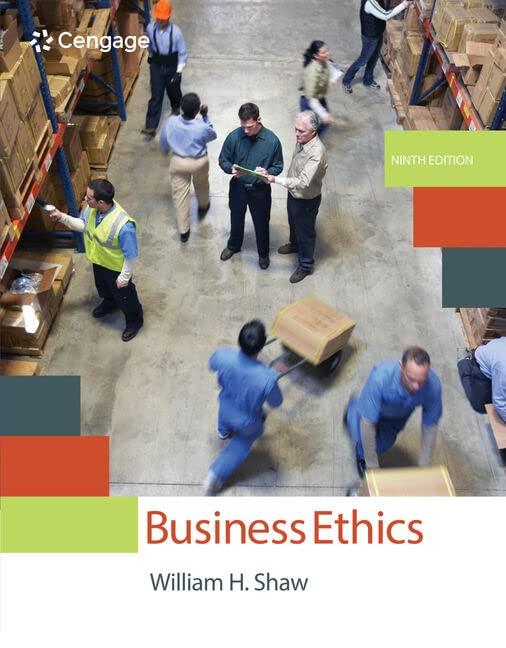AS A RESULT OF THE ECONOMIC CRISIS and recession of 200809the most serious economic meltdown since the
Question:
AS A RESULT OF THE ECONOMIC CRISIS and recession of 2008–09—the most serious economic meltdown since the Great Depression of the 1930s—an additional 4 million Americans have fallen into poverty. Altogether, around 50 million adults now live below the poverty line, officially defined as an income below $11,490 for a single adult or less than $23,550 for a family of four.82 Nearly fifty years after President Lyndon Johnson declared “war on poverty,”
16 percent of our fellow citizens, many of them children, continue to live in penury. That’s about one out of every six people. Even before the current economic collapse, the average American adult had a 60 percent chance of living at least one year below the poverty line and a 33 percent chance of experiencing dire poverty.83 Poverty is particularly hard on children. Among other things, it mars their brain development. This is not just a result of poor nutrition or exposure to environmental toxins, as one might expect. Rather, researchers have found that children growing up in very poor families experience unhealthy levels of stress hormones that impair memory and language acquisition.84 Still, many people think that those described as “poor” in the United States are pretty well-off by world standards. The truth is, in life expectancy, twenty-year-old U.S. males rank thirty-sixth among the world’s nations, and twenty-year-old U.S. females rank twenty-first. Our infant mortality rate is worse than that in twenty-one other Western nations. Beijing’s infant mortality rate, for instance, is lower than New York City’s. In fact, if......
Discussion Questions 1. Does the existence of poverty imply that our socioeconomic system is unjust? Does the concentration of poverty in certain groups make it more unjust than it would be otherwise?
2. What are the causes of poverty? Are they structural or individual? How is one’s answer to this question likely to affect one’s view of the justice or injustice of poverty?
3. What moral obligation, if any, do we have individually and as a society to reduce poverty? What steps could be taken? What role should business play?
4. How would a utilitarian view the facts about poverty?
What are the implications for our society of the concept of the declining utility of money?
5. How would a libertarian like Nozick view poverty in the United States? How plausible do you find the libertarian’s preference for private charity over public assistance?
6. How would our economy be assessed from the point of view of Rawls’s difference principle? Can it be plausibly maintained that, despite poverty, our system works to “the greatest expected benefit of the least advantaged”? Is this an appropriate standard?
Step by Step Answer:






